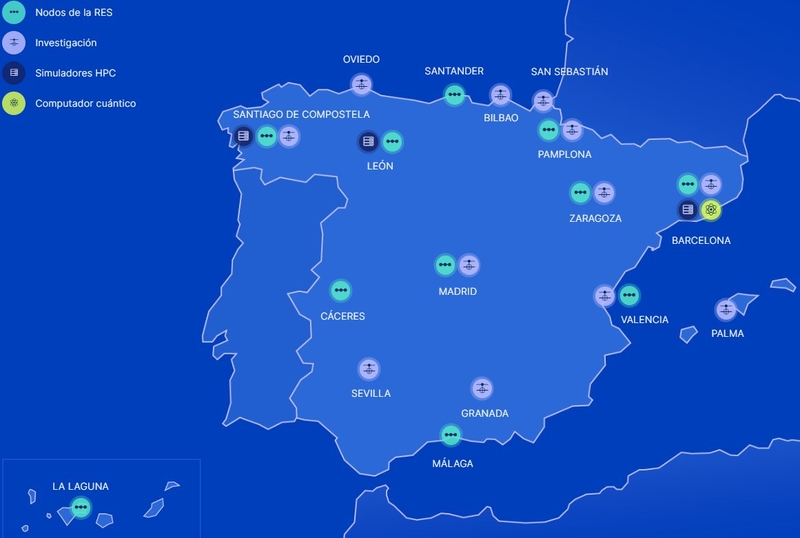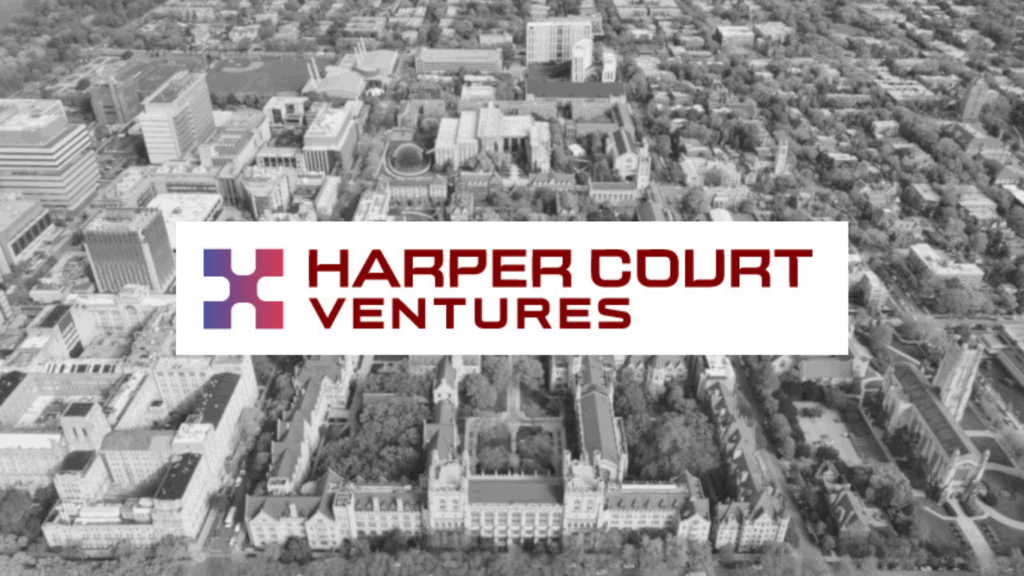Insider Brief
- Quantum Spain announced 14 new institutions will collaborate with the project.
- Quantum Spain’s objective is to create an effective quantum computing ecosystem in Spain, harnessing and promoting the talent of local researchers who are experts in this technology.
- Image: Quantum Spain
PRESS RELEASE — 14 new institutions have joined Quantum Spain, a project promoted by the Spanish Ministry of Economic Affairs and Digital Transformation through the Secretary of State for Digitalisation and Artificial Intelligence (SEDIA) and coordinated by the Barcelona Supercomputing Center – Centro Nacional de Supercomputación (BSC-CNS). The main objective of this initiative is to create an effective quantum computing ecosystem in Spain, harnessing and promoting the talent of local researchers who are experts in this technology.
The new entities that have joined the project are renowned universities and research centres, such as Universitat de Barcelona (UB), Universitat Autònoma de Barcelona (UAB), Universidad Complutense de Madrid (UCM), Consejo Superior de Investigaciones Científicas (CSIC), Universitat de les Illes Balears (UIB), Universidad de Sevilla (US), Universidad del País Vasco (UPV/EHU), Universidad de Oviedo (UNIOVI), Universidad de Navarra (TECNUN), Universidad de Granada (UGR), Donostia International Physics Center (DIPC), Institut de Ciències Fotóniques (ICFO), Universidad Politécnica de Valencia (UPV) and the Universidad de Santiago de Compostela (USC). The experience of these organisations will be added to that of the RES nodes, resulting in a total of 27 participants in the project.
One of the fundamental tasks of these entities will be the creation of new quantum algorithms. Their work will focus on the hybridisation between quantum computing and Artificial Intelligence (AI), with Quantum Machine Learning being one of its main components.

The algorithms developed will be tested with the quantum machines acquired through the project, whose installation and operation are the responsibility of the Barcelona Supercomputing Center – Centro Nacional de Supercomputación (BSC-CNS), which is also the coordinator of Quantum Spain.
“The entities with which we have signed the agreement represent the most outstanding and pioneering research groups in quantum computing in Spain. Their incorporation is fundamental for the promotion of a cutting-edge national ecosystem and the development of a solid scientific and technological fabric to which we aspire in Quantum Spain,” says Alba Cervera, researcher at the BSC-CNS and coordinator of Quantum Spain.
In addition to their role in the development and testing of quantum algorithms, the new institutions will play an important role in the dissemination and creation of educational materials. In this context, work is being carried out on the TalentQ programme, with the aim of promoting the search for and training of Spanish quantum talent. This initiative will be coordinated by the University of Santiago de Compostela and will encompass a variety of activities, including the organisation of both online and face-to-face courses.
If you found this article to be informative, you can explore more current quantum news here, exclusives, interviews, and podcasts.

















